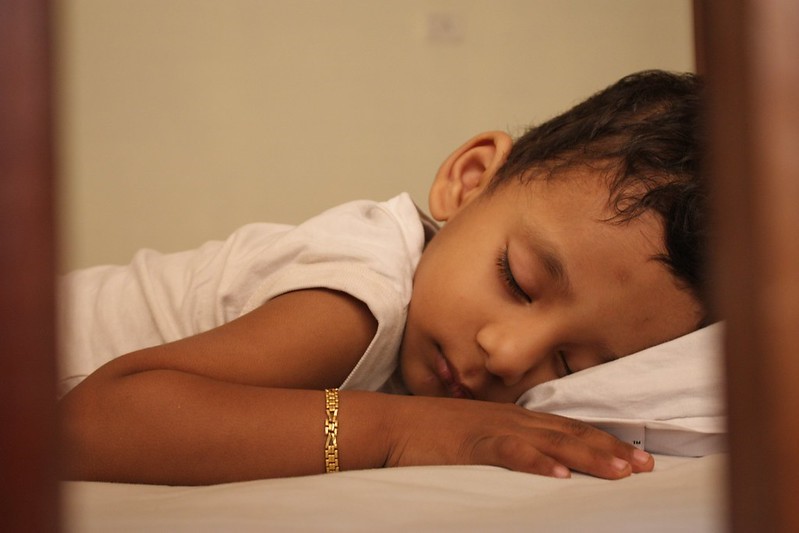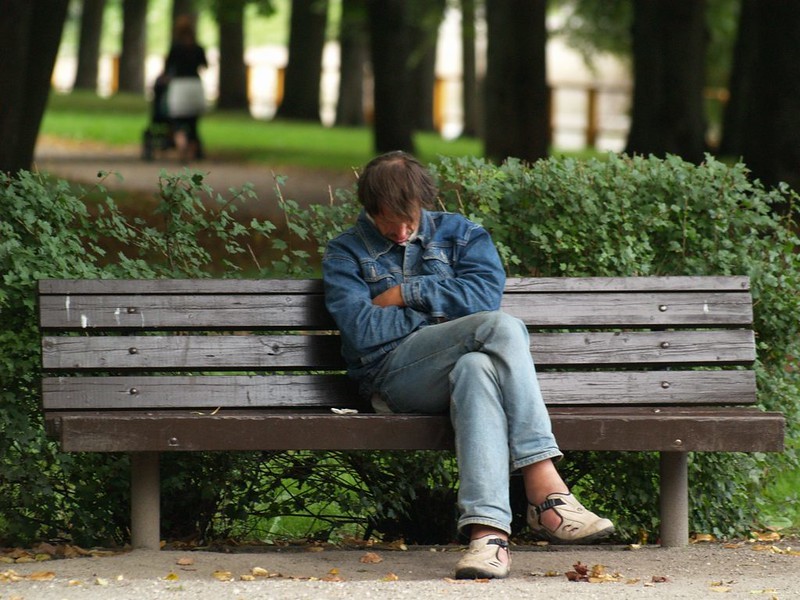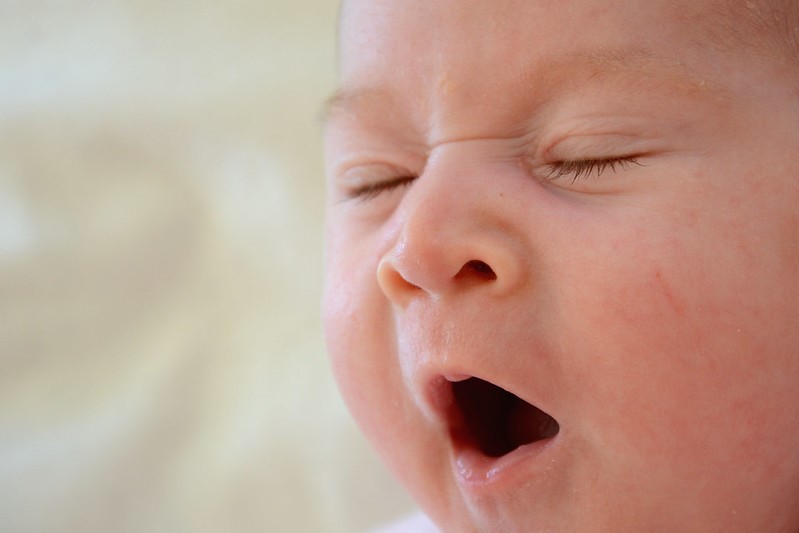SHARES

“With so many things to do in a day, there’s just not enough time to finish them all and still get a full night sleep! In fact, it’s not uncommon that so many people walk around feeling like zombies. ”
If you experience dark eye circles, dropping eyelid, or puffy tired eyes, these might be signs that you do not have enough sleep. As a matter of fact, sleep deprivation affects more than just your appearance. One thing to remember is that sleep is ultimately important for your overall health and well being, including eye health.
Does Sleep Affect Eye Health?
There are many factors that put pressure on our eye health such as working on the computer for long hours, reading, dry air conditioned environment etc. Similarly, just like our body and brain, our eyes need to take a break and recharge.
During sleep, your body replenishes the supply of natural tears, so you are less likely to get dry eyes if you have enough sleep. You are also less likely to experience burst blood vessels which cause discomfort resulting in unappealing red and bloodshot appearance.
During REM (Rapid Eyes Movement) sleep, a part of sleep cycle, your eyes will move and dart very rapidly beneath your eyelid. In fact, these movements can be as high as 1000 movements per second. The exact reason for REM is unclear. However one theory is that the rapid eye movement during sleep helps prevent eyes spasm.
What Happens If You Do Not Have Enough Sleep?
1. Dark Circles
If you do not get enough sleep, you might find yourself waking up with puffy eyes and dark circles, dry and itchy. While it is usually not a major concern, this makes you appear tired.
2. Ischaemic Optic Neuropathy
Not enough sleep can cause ischaemic optic neuropathy. It is a condition where there is damage in the optic nerve due to poor supply of blood. It results in pain and difficulty in seeing.
3. Eye Spasm
Have you ever been annoyed by those eye spasms that make your eyelid twitch incessantly? This might be a sign of you not getting enough sleep. Although eye twitching is not a major problem, it is bothersome and you might experience difficulty in working, reading or even driving.
4. Dry Eyes
sleep deprivation, besides other problems such as blockage in the eye ducts. Dry eyes occur when your tear duct does not produce enough tears to keep your eyes lubricated. As a result, you might feel pain in your eyes, with redness, itchiness, blurry vision and sensitivity to light. You can try using over the counter eye drops to help lubricate your eyes, but the most compelling remedy is to remove the cause, that is by getting adequate sleep.
5. Eye Strain
Often, we put too much pressure or overwork our eyes such as looking at the phone screen, reading, and driving for too long. Overworking your eyes causes eye strain, resulting in pain and blurry vision. Try resting your eyes occasionally and avoid working for too long. Relax and close your eyes for a few minutes throughout the day.
6. Glaucoma
Though it is not common, not enough sleep time can cause too much pressure inside the eyes and result in glaucoma. The higher pressure can cause damage on the optic nerve in your eyes, ultimately resulting in blindness. You are more at risk of getting glaucoma if you have sleep apnea, a condition that causes sporadic interruptions in your breathing while you sleep.
Getting More sleep
Now you know the importance of sleep, so make sure that you always have a good night rest. Here are some tips to improve your sleep:
- Try to relax before sleep. You can try some light reading, yoga or breathing exercise to help you unwind and sleep better.
- Avoid caffeinated drink such as coffee before sleep. Instead, opt for hot milk or chamomile tea which are good for your sleep.
- Turn off your gadgets and any glowing light emitting sources
- Plan your next day ahead so you don’t lie in bed worrying about it
- Lower your bedroom temperature as a colder environment induces sleep
Conclusion
While we are living in a fast-paced society that often overlook enough rest for the mind, body and eyes, adequate sleep is fundamental to our health and well-being. Your eye health is greatly affected by the amount of sleep you get. So, turn off the light and get a good night’s sleep!
References:
1. Sheerin C. Is sleep good for your eyes [Internet]. VisionDirect. 2017 [Available from: https://www.visiondirect.co.uk/blog/sleep-good-for-eyes; last updated on 2017 Oct 26; last accessed on 2020 Aug 22]
2. Teel K. The importance of sleep for eye health [Internet]. Midwest Eye Consultants Central Office. 2019 [Available from: https://www.midwesteyeconsultants.com/the-importance-of-sleep-for-eye-health/; last updated on 2019 Mar 13; last accessed on 2020 Aug 22]
Find a GP/Family Doctor in Malaysia, on GetDoc
Find a GP/Family Doctor in Singapore, on GetDoc
by Chang Xian
View all articles by Chang Xian.







